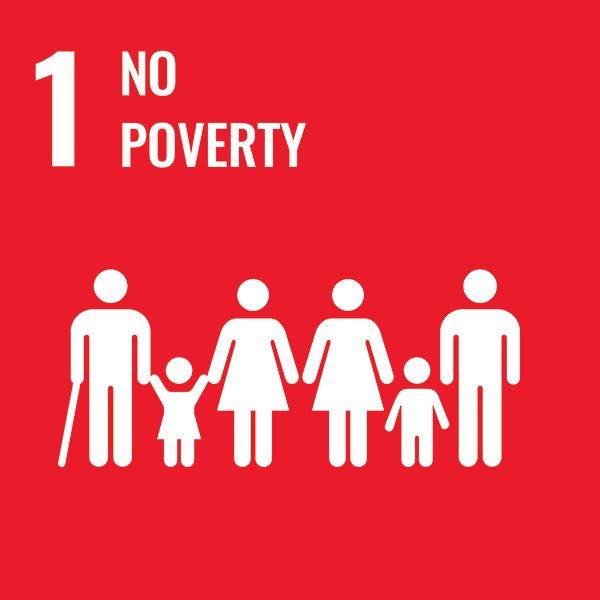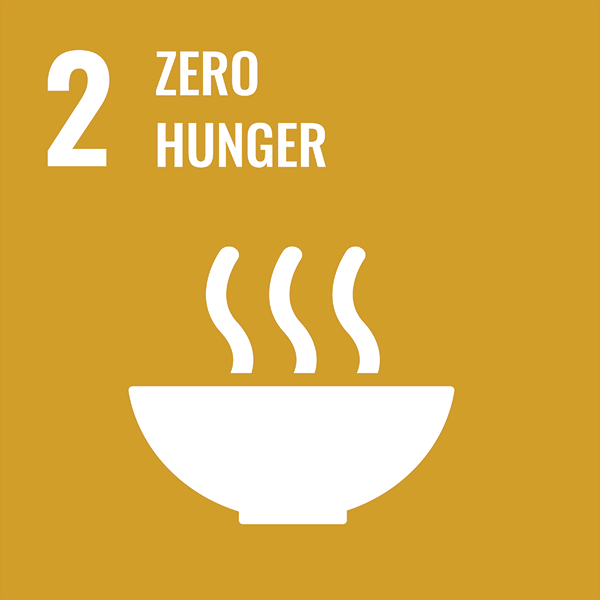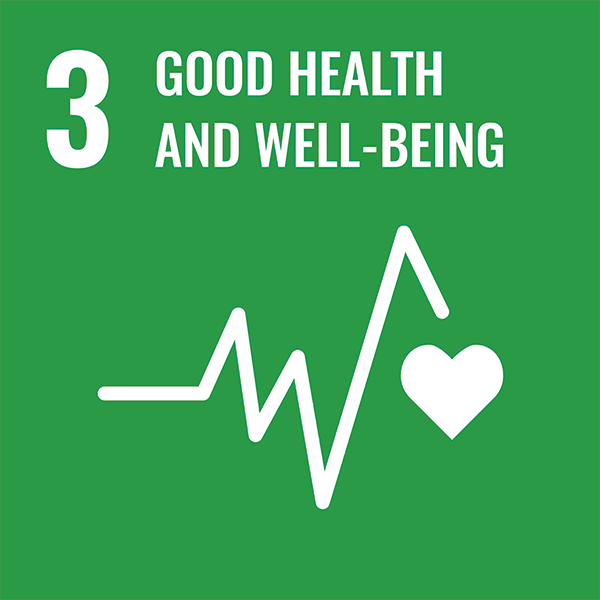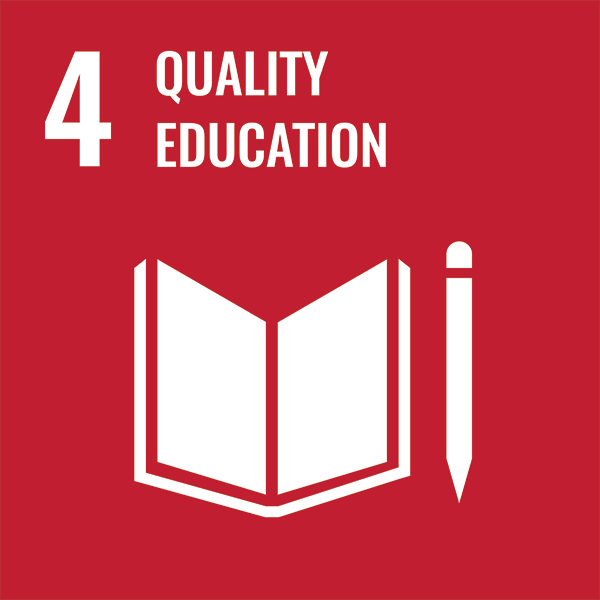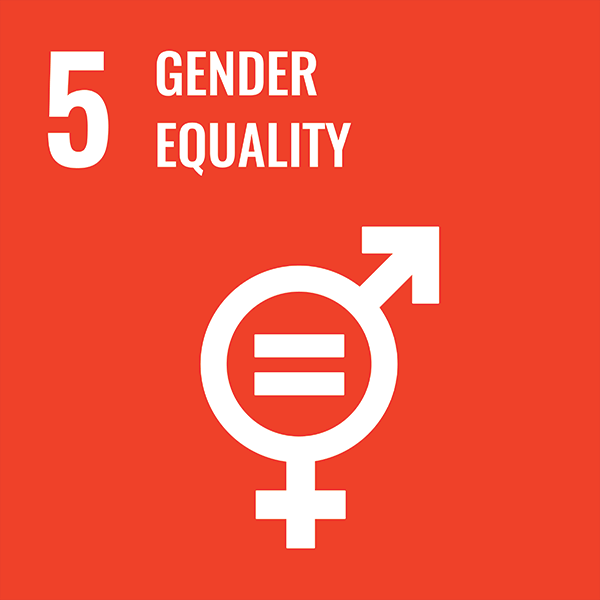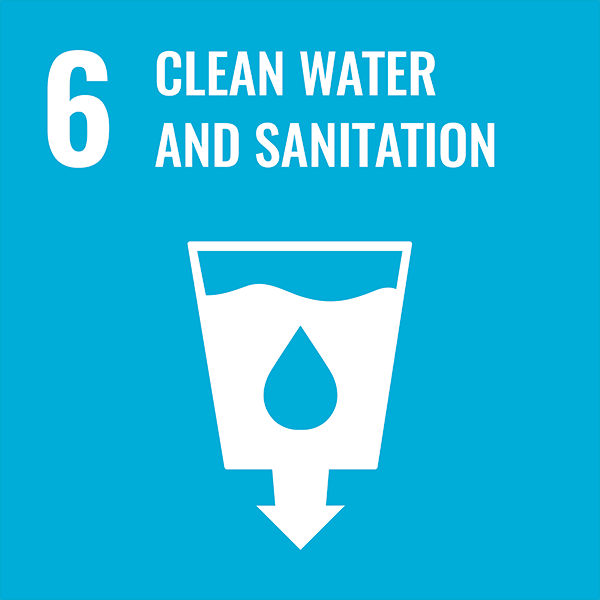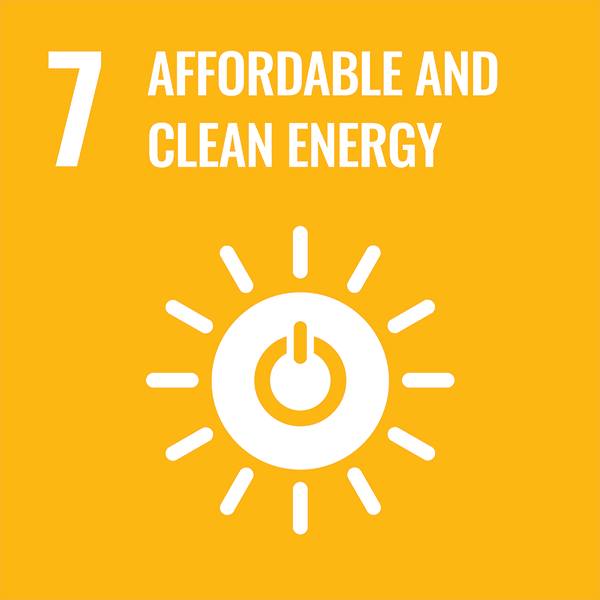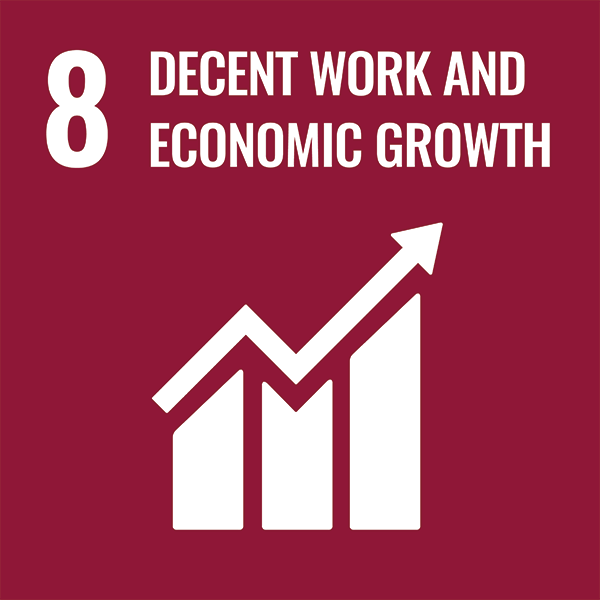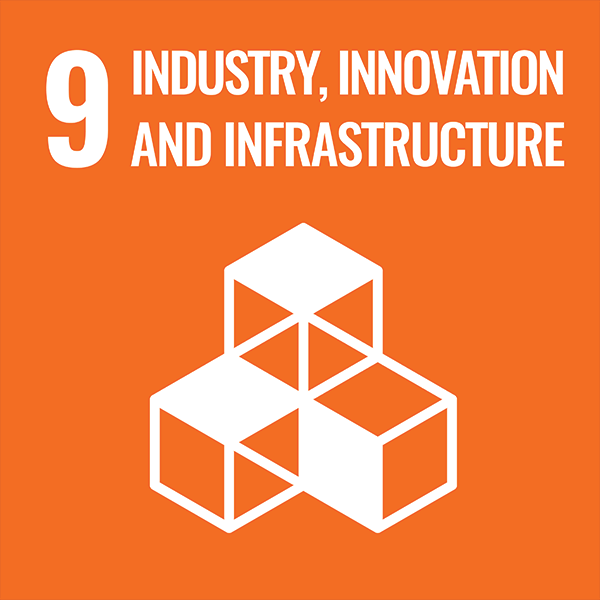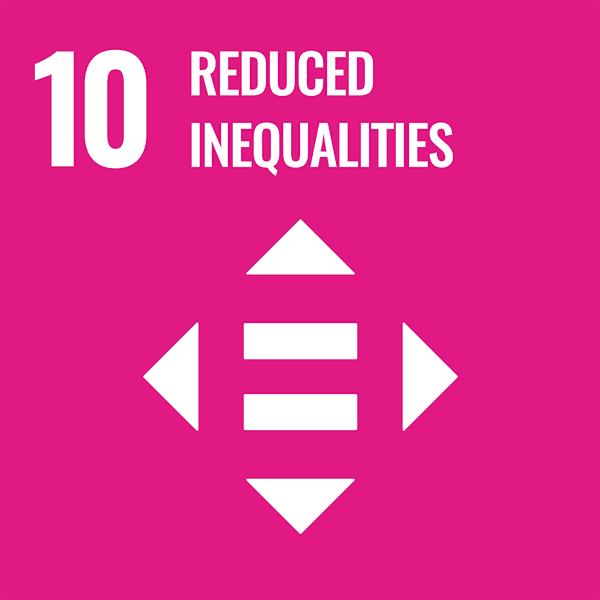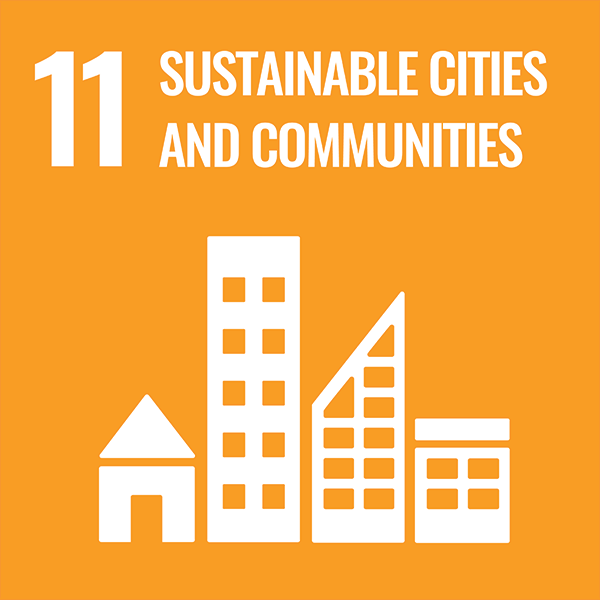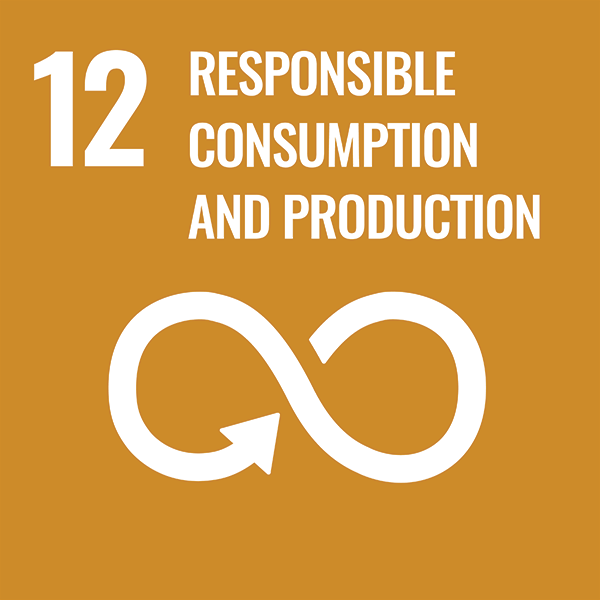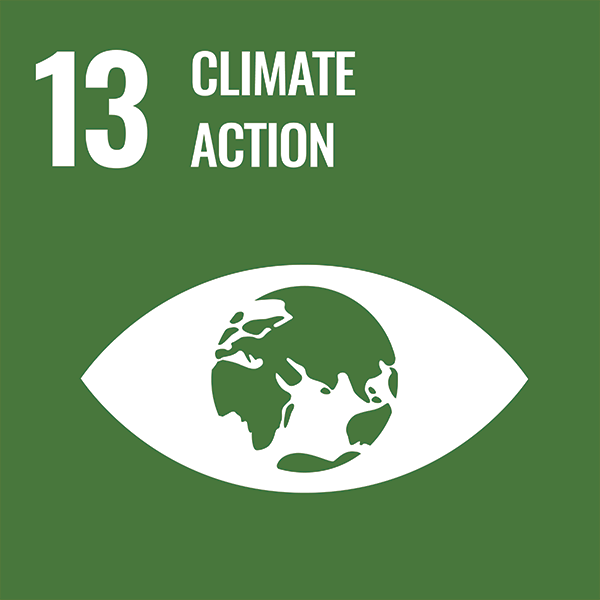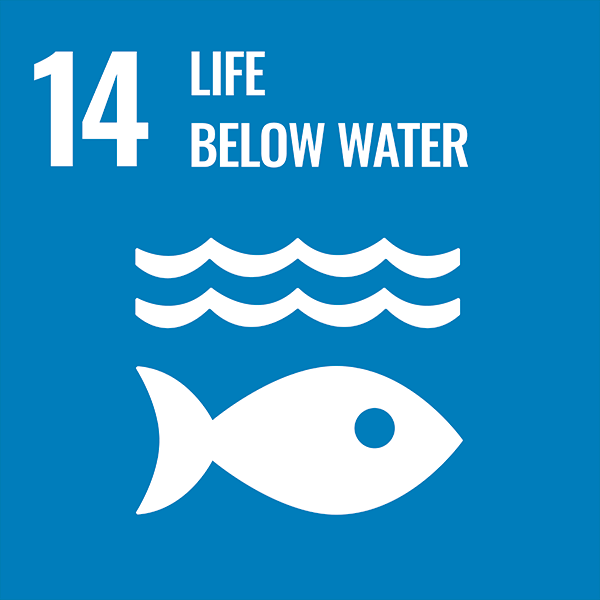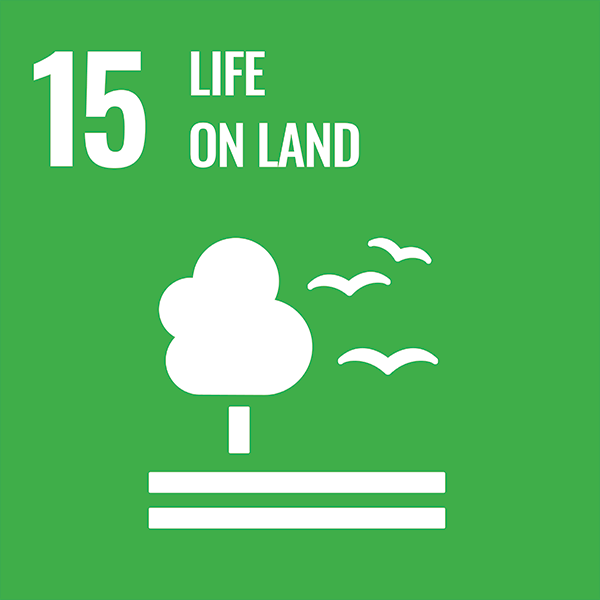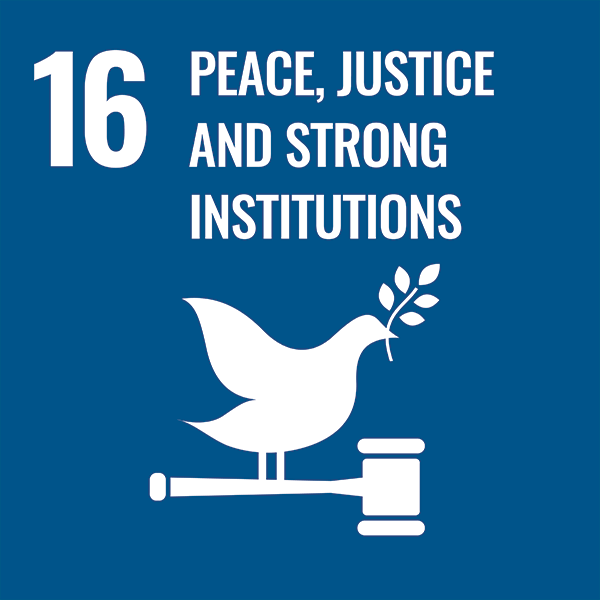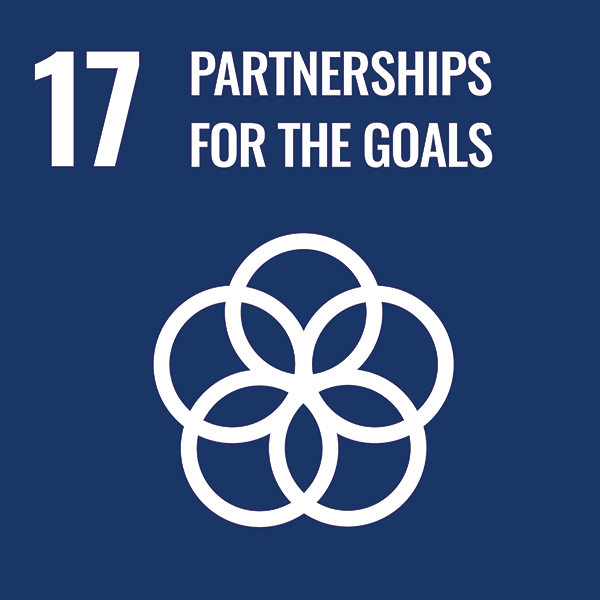The List of Goals
-
Goal 1: No Poverty
Eradicate extreme poverty; reduce at least by half those living in poverty; implement nationally appropriate social protection systems and measures for all; ensure that all men and women have equal rights to economic resources and access to basic services, ownership and control over property, natural, new technology and financial services; reduce the exposure of the vulnerable to climate-related extreme events and other shocks; ensure significant mobilization of resources and provide adequate and predictable means for developing countries; create sound policy frameworks based on pro-poor and gender-sensitive development strategies, to support accelerated investment in poverty eradication actions.
-
Goal 2: Zero Hunger
Address the nutritional needs by all people, in particular adolescent girls, pregnant and lactating women and older persons; double the agricultural productivity and incomes of small-scale food producers, in particular women, indigenous peoples, and others, and secure their equal access to productive resources, knowledge, financial services, markets and opportunities for value addition and non-farm employment; ensure sustainable food production systems and resilient agricultural practices that increase productivity, help maintain ecosystems, adaptation to climate change and disasters; maintain the genetic diversity of seeds, cultivated plants and farmed and domesticated animals and their related wild species; increase investment in rural infrastructure, agricultural research and extension services and gene banks to enhance agricultural productivity in developing countries; correct and prevent trade distortions in world agricultural markets.
-
Goal 3: Good Health and Well-Being
Reduce the global maternal mortality ratio; end preventable deaths of newborns and children under 5 years of age; end the epidemics of AIDS, tuberculosis, malaria and neglected tropical diseases and combat hepatitis, water-borne diseases and other communicable diseases; reduce by one third premature mortality from non-communicable diseases and promote mental health and well-being; strengthen the prevention and treatment of substance abuse; ensure universal access to sexual and reproductive health-care services, including for family planning, information and education, and integrate reproductive health into national strategies and programmes; achieve universal health coverage, including financial risk protection, access to quality essential health-care services and access to safe, effective, quality and affordable essential medicines and vaccines for all; reduce the number of deaths and illnesses from hazardous chemicals and air, water and soil contamination; implement the Convention on Tobacco Control; support the research and development of vaccines and medicines for the communicable and noncommunicable diseases that primarily affect developing countries, and provide access to medicines for all, particularly to affordable essential medicines and vaccines for those in developing countries; increase health financing and the development and retention of the health workforce in developing countries; and strengthen the capacity for early warning, risk reduction and management of national and global health risks
-
Goal 4: Quality Education
Ensure that all girls and boys complete free, equitable and quality primary and secondary education and have access to quality early childhood development, care and preprimary education; ensure equal access for all women and men to affordable and quality technical, vocational and tertiary education; increase the number of those who have relevant skills for employment, decent jobs and entrepreneurship; eliminate gender disparities in education and ensure equal access to all levels of education and vocational training for the vulnerable, including persons with disabilities, indigenous peoples and children in vulnerable situations; ensure that all learners acquire the knowledge and skills needed to promote sustainable development, including through education for sustainable development and sustainable lifestyles, human rights, gender equality, promotion of a culture of peace and non-violence, global citizenship and appreciation of cultural diversity and of culture’s contribution to sustainable development; build education facilities that are child, disability and gender sensitive and provide safe, nonviolent, inclusive and effective learning environments for all; expand globally the number of scholarships available to developing countries for enrolment in higher education in developed countries and other developing countries; increase the supply of qualified teachers, including through international cooperation for teacher training in developing countries
-
Goal 5: Gender Equality
End all forms of discrimination against all women and girls everywhere; eliminate all forms of violence against all women and girls in the public and private spheres, including trafficking and exploitation; eliminate all harmful practices, such as child, early and forced marriage and female genital mutilation; recognize and value unpaid care and domestic work through the provision of public services, infrastructure and social protection policies and the promotion of shared responsibility within the family; ensure women’s full and effective participation and equal opportunities for leadership at all levels of decision making in political, economic and public life; ensure universal access to sexual and reproductive health and reproductive rights in accordance with the Beijing Platform for Action and the other related documents; undertake reforms to give women equal rights to economic resources and access to ownership and control over property, financial services, inheritance and natural resources; enhance the use of enabling technology, in particular information and communications technology, to promote the empowerment of women; adopt and strengthen sound policies and enforceable legislation for the promotion of gender equality and the empowerment of all women and girls at all levels
-
Goal 6: Clean Water and Sanitation

Achieve universal and equitable access to safe and affordable drinking water for all; achieve access to adequate and equitable sanitation and hygiene for all and end open defecation, paying special attention to the needs of women and girls and those in vulnerable situations; improve water quality by reducing pollution, eliminating dumping and minimizing release of hazardous chemicals and materials, halving the proportion of untreated wastewater and substantially increasing recycling and safe reuse globally; increase water-use efficiency across all sectors and ensure sustainable withdrawals and supply of freshwater to address water scarcity and substantially reduce the number of people suffering from water scarcity.
-
Goal 7: Affordable and Clean Energy
Ensure universal access to affordable, reliable and modern energy services; increase substantially the share of renewable energy in the global energy mix; double the global rate of improvement in energy efficiency; enhance international cooperation to facilitate access to clean energy research and technology, including renewable energy, energy efficiency and advanced and cleaner fossil-fuel technology, and promote investment in energy infrastructure and clean energy technology; expand infrastructure and upgrade technology for supplying modern and sustainable energy services for all in developing countries, in particular least developed countries, small island developing States, and land-locked developing countries, in accordance with their respective programmes of support.
-
Goal 8: Decent Work and Economic Growth
Sustain per capita economic growth in accordance with national circumstances and, in particular, at least 7 per cent gross domestic product growth per annum in the least developed countries; achieve higher levels of economic productivity through diversification, technological upgrading and innovation, including through a focus on high-value added and labour-intensive sectors; promote development-oriented policies that support productive activities, decent job creation, entrepreneurship, creativity and innovation, and encourage the formalization and growth of micro-, small- and medium-sized enterprises, including through access to financial services; improve global resource efficiency in consumption and production and decouple economic growth from environmental degradation.
-
Goal 9: Industry, Innovation, and Infrastructure
Develop quality, reliable, sustainable and resilient infrastructure, including regional and transborder infrastructure, to support economic development and human well-being, with a focus on affordable and equitable access for all; promote inclusive and sustainable industrialization and, by 2030, significantly raise industry’s share of employment and gross domestic product, in line with national circumstances, and double its share in least developed countries; increase the access of small-scale industrial and other enterprises, in particular in developing countries, to financial services, including affordable credit, and their integration into value chains and markets.
-
Goal 10: Reduced Inequalities
Achieve and sustain income growth of the bottom 40 per cent of the population at a rate higher than the national average; empower and promote the social, economic and political inclusion of all, irrespective of age, sex, disability, race, ethnicity, origin, religion or economic or other status; ensure equal opportunity and reduce inequalities of outcome, including by eliminating discriminatory laws, policies and practices and promoting appropriate legislation, policies and action in this regard; adopt policies, especially fiscal, wage and social protection policies, and progressively achieve greater equality; improve the regulation and monitoring of global financial markets and institutions and strengthen the implementation of such regulations.
-
Goal 11: Sustainable Cities and Communities
Ensure access for all to adequate, safe and affordable housing and basic services and upgrade slums; provide access to safe, affordable, accessible and sustainable transport systems for all, improving road safety, notably by expanding public transport, with special attention to the needs of those in vulnerable situations, women, children, persons with disabilities and older persons; enhance inclusive and sustainable urbanization and capacity for participatory, integrated and sustainable human settlement planning and management in all countries; strengthen efforts to protect and safeguard the world’s cultural and natural heritage; reduce the number of deaths and the number of people affected and substantially decrease the direct economic losses relative to global gross domestic product caused by disasters with a focus on protecting the poor and people in vulnerable situations.
-
Goal 12: Responsible Consumption and Production
Implement the 10-year framework of programmes on sustainable consumption and production, all countries taking action, with developed countries taking the lead, taking into account the development and capabilities of developing countries; achieve the sustainable management and efficient use of natural resources; halve per capita global food waste at the retail and consumer levels and reduce food losses along production and supply chains, including post-harvest losses; achieve the environmentally sound management of chemicals and all wastes throughout their life cycle, in accordance with agreed international frameworks, and significantly reduce their release to air, water and soil in order to minimize their adverse impacts on human health and the environment.
-
Goal 13: Climate Action
Strengthen resilience and adaptive capacity to climate-related hazards and natural disasters in all countries; integrate climate change measures into national policies, strategies and planning; improve education, awareness-raising and human and institutional capacity on climate change mitigation, adaptation, impact reduction and early warning; implement the commitment undertaken by developed-country parties to the United Nations Framework Convention on Climate Change to a goal of mobilizing jointly $100 billion annually by 2020 from all sources to address the needs of developing countries in the context of meaningful mitigation actions and transparency on implementation and fully operationalize the Green Climate Fund through its capitalization as soon as possible.
-
Goal 14: Life Below Water
Prevent and significantly reduce marine pollution of all kinds, in particular from land-based activities, including marine debris and nutrient pollution; sustainably manage and protect marine and coastal ecosystems to avoid significant adverse impacts, including by strengthening their resilience, and take action for their restoration in order to achieve healthy and productive oceans; minimize and address the impacts of ocean acidification, including through enhanced scientific cooperation at all levels; effectively regulate harvesting and end overfishing, illegal, unreported and unregulated fishing and destructive fishing practices and implement science-based management plans, in order to restore fish stocks in the shortest time feasible.
-
Goal 15: Life on Land
Ensure the conservation, restoration and sustainable use of terrestrial and inland freshwater ecosystems and their services, in particular forests, wetlands, mountains and drylands, in line with obligations under international agreements; promote the implementation of sustainable management of all types of forests, halt deforestation, restore degraded forests and substantially increase afforestation and reforestation globally; combat desertification, restore degraded land and soil, including land affected by desertification, drought and floods, and strive to achieve a land degradation-neutral world; ensure the conservation of mountain ecosystems, including their biodiversity, in order to enhance their capacity to provide benefits that are essential for sustainable development.
-
Goal 16: Peace, Justice and Strong Institutions
Significantly reduce all forms of violence and related death rates everywhere; end abuse, exploitation, trafficking and all forms of violence against and torture of children; promote the rule of law at the national and international levels and ensure equal access to justice for all; significantly reduce illicit financial and arms flows, strengthen the recovery and return of stolen assets and combat all forms of organised crime; substantially reduce corruption and bribery in all their forms; develop effective, accountable and transparent institutions at all levels; ensure responsive, inclusive, participatory and representative decision-making at all levels; broaden and strengthen the participation of developing countries in the institutions of global governance; provide legal identity for all.
-
Goal 17: Partnerships
Strengthen domestic resource mobilization, including through international support to developing countries, to improve domestic capacity for tax and other revenue collection; developed countries to implement fully their official development assistance commitments, including the commitment by many developed countries to achieve the target of 0.7 per cent of ODA/GNI to developing countries and 0.15 to 0.20 per cent of ODA/GNI to least developed countries ODA providers are encouraged to consider setting a target to provide at least 0.20 per cent of ODA/GNI to least developed countries; enhance North-South, South-South and triangular regional and international cooperation on and access to science, technology and innovation and enhance knowledge sharing on mutually agreed terms.





